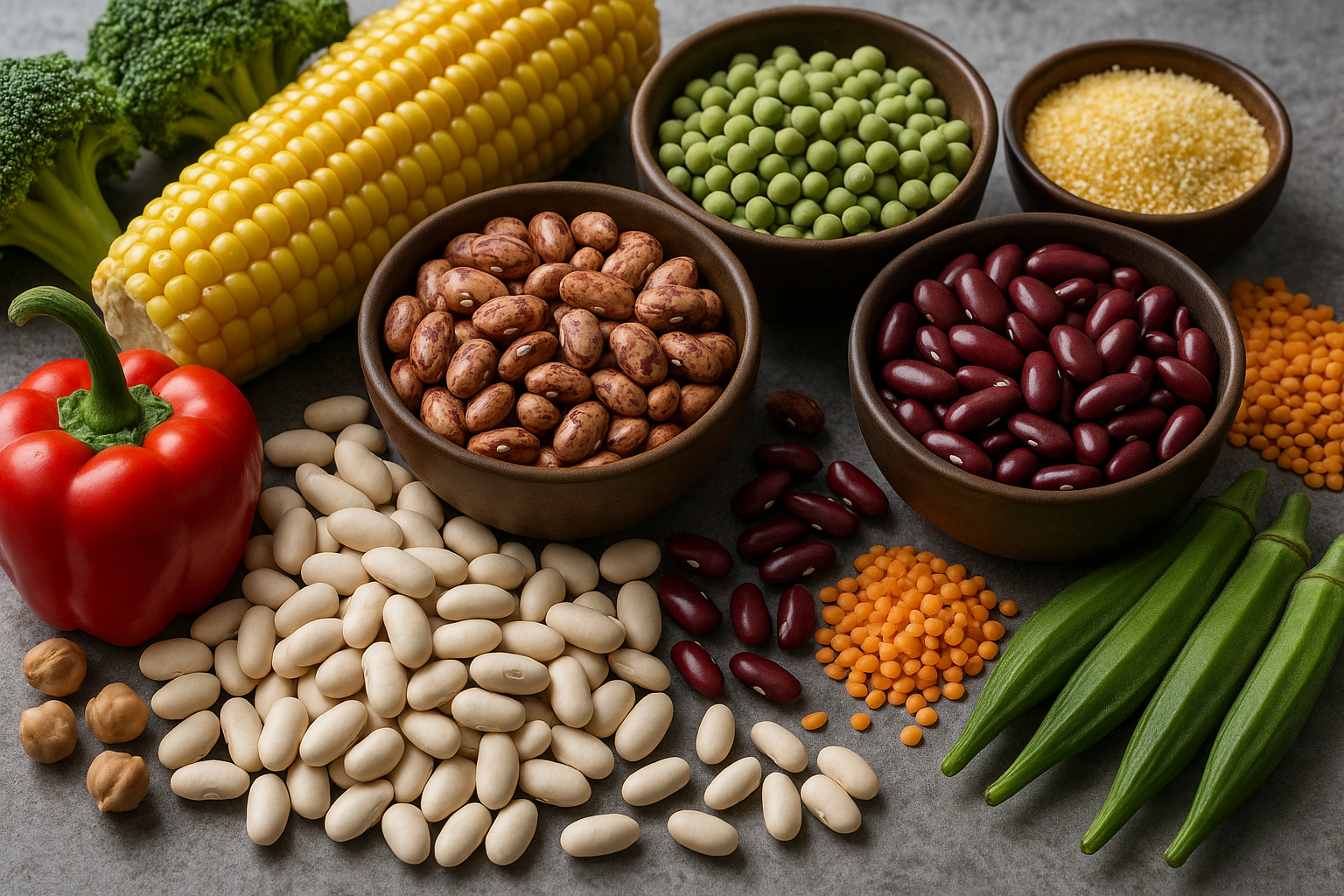Beyond the Usual Suspects: Surprising Dietary Triggers for Autoimmune Flares
Autoimmune diseases, characterized by the immune system mistakenly attacking the body's own cells, have long been associated with certain dietary triggers. While gluten and dairy often take the spotlight, there exists a myriad of less obvious dietary elements that could exacerbate autoimmune conditions. This article delves into surprising dietary triggers that may contribute to autoimmune flares, highlighting the importance of understanding these hidden culprits. By broadening the scope beyond the usual suspects, we aim to provide insights that empower individuals to make informed dietary choices, potentially alleviating the severity and frequency of autoimmune flares.
Nightshade Vegetables: More Than Meets the Eye

Nightshade vegetables, including tomatoes, potatoes, eggplants, and peppers, are staples in many diets. However, they contain alkaloids, which can provoke inflammation in susceptible individuals. For those with autoimmune conditions, these compounds may exacerbate symptoms by increasing intestinal permeability and triggering immune responses. Recent studies suggest that eliminating or reducing nightshade intake can lead to significant improvements in symptoms for some autoimmune sufferers. This section explores the biochemical interactions between nightshades and the immune system, offering insights into how these vegetables might be stealthily contributing to autoimmune flares.
The Role of Lectins: A Double-Edged Sword

Lectins are proteins found in a variety of foods, including grains, legumes, and some fruits and vegetables. While they play a role in plant defense mechanisms, in humans, they can bind to cell membranes and disrupt normal cellular function. This binding can lead to increased gut permeability, often referred to as "leaky gut," which is a known precursor for autoimmune responses. This section examines how lectins can act as hidden dietary triggers, particularly for those with compromised gut health, and discusses strategies for minimizing their impact through cooking methods and dietary adjustments.
